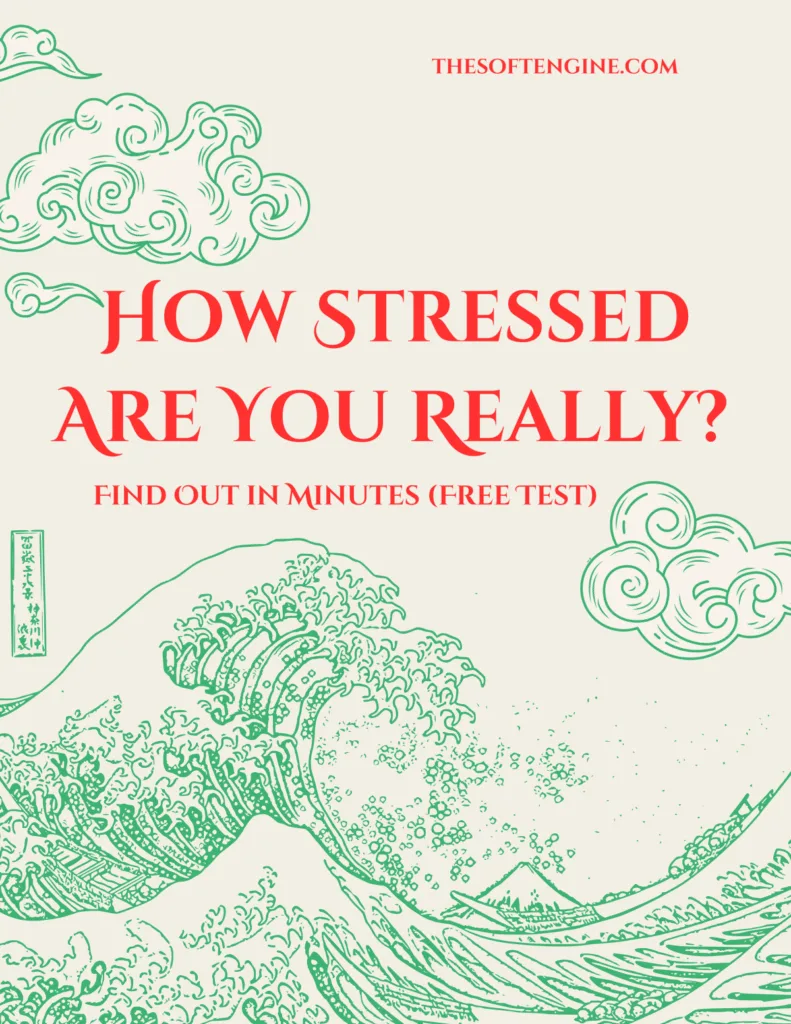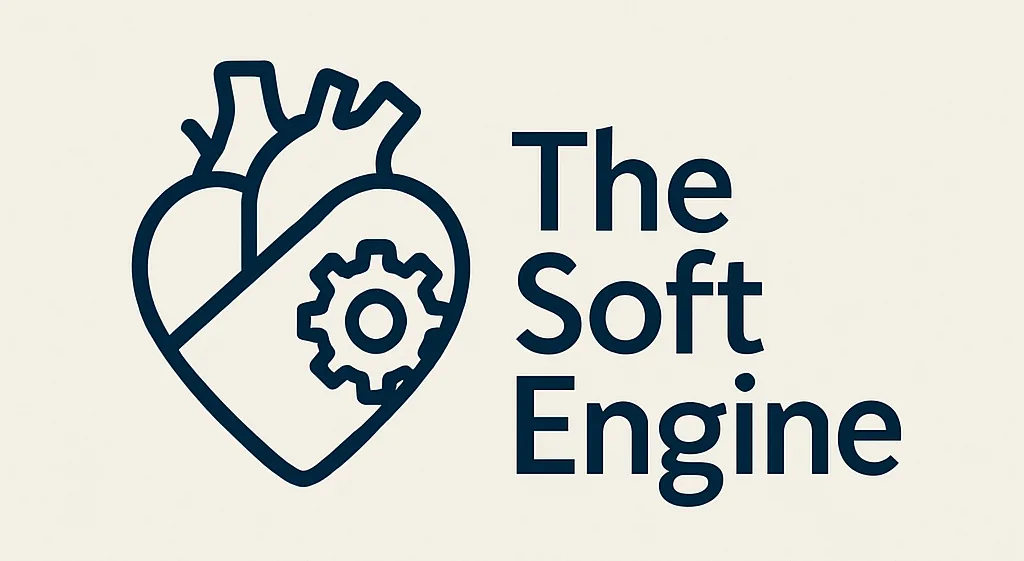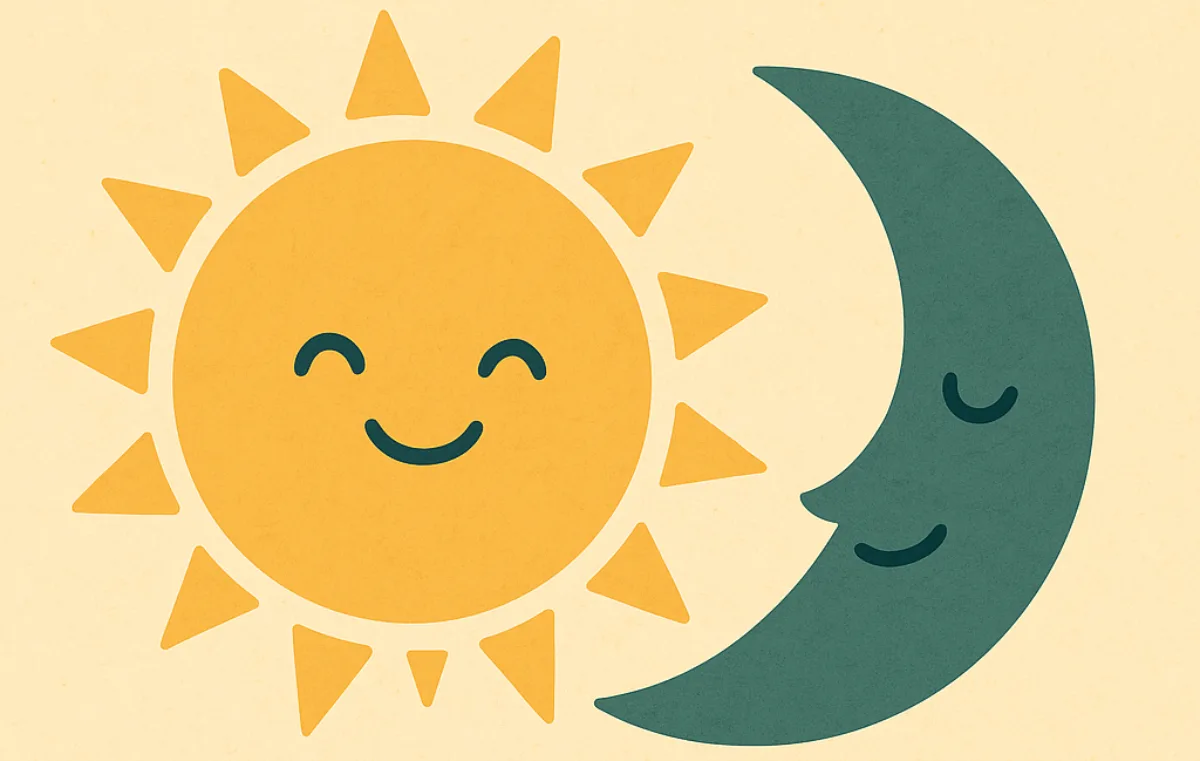This free stress assessment is designed to be both simple and insightful. Rather than overwhelming you with questions on a single page, it guides you step-by-step — helping you reflect clearly on physical, emotional, cognitive, and behavioral signs of stress.
You’ll respond to 20 quick prompts using a visual scale — from ☀️ Never to🌙 Always. Each response helps reveal patterns you might not consciously notice, like subtle sleep issues, mood shifts, or habit changes that often signal deeper stress.
When you finish, you’ll get an instant score with a clear explanation of where your stress level stands: low, moderate, or high. It’s private, judgment-free, and crafted to help you understand your body and mind more deeply — not to label you, but to guide you.
Stress Assessment Test
Your Online Stress Assessment Score Explained: What to Do Now
Your score reflects how your body and mind are responding to the demands of life. Whether you scored low, moderate, or high, this is your chance to pause, reflect, and take one small, supportive step.
🌿 Low Stress (0–20): You’re Coping Well: Keep That Momentum
Your responses show occasional signs of stress, but nothing is currently overwhelming. This is a great time to reinforce the habits that keep you balanced:
- Create a daily wind-down routine: 10–15 minutes of no screens, dim lights, and quiet reflection.
- Build a buffer into your day: 5-minute pauses between tasks can reduce long-term stress.
- Check in with your energy: Are you truly rested, or just “used to the pace”?
Explore topics on Mental Fitness to help you strengthen your mindset and maintain your current levels.
⚖️ Moderate Stress (21–40): Your Body’s Asking for Support
Frequent signs of stress mean it’s time to rebalance before burnout sets in. This isn’t about doing more — it’s about making space to recalibrate.
- Pick one non-essential thing to let go of this week. Protect your energy.
- Practice single-tasking: Focus fully on one thing at a time for less mental clutter.
- Try a body-based reset: A 2-minute vagus nerve massage or guided breath can bring calm fast.
Sign up for our FREE 7 Day Reset. This quick reset will help you get back to your baseline and work toward a lower stress level.
🔥 High Stress (41+): It’s Time to Slow Down: You’re Carrying Too Much
Your score reflects a high level of ongoing stress — and that matters. It doesn’t mean something is wrong with you. It means you’ve been carrying too much for too long without enough support.
This is not permanent. It’s a signal — one that’s asking you to pause, breathe, and choose yourself again.
- Start here: Drink some water. Eat something nourishing. Sit in stillness, even just for 60 seconds. These small acts tell your body: “I’m safe now.”
- You don’t have to do this alone: Reach out. Whether it’s a trusted friend, a therapist, or a support group, connection heals.
- Explore help designed for you: Check out our mental health page and resources for gentle, practical, and judgment-free support.
You are not your stress. You’re a human being with limits, and honoring those limits is a strength — not a weakness.
Stay strong. You’re already taking the first step. Now take the next one — for yourself.
When Stress Feels Too Heavy, Please Reach Out
Sometimes stress can feel like too much to handle on your own. If you’re struggling, please know that help is available wherever you are. Speaking to someone can bring relief and open the door to support.
Here are some trusted helplines:
- United States: Call or text 988 to connect with the Suicide & Crisis Lifeline.
- United Kingdom: Call Samaritans at 116 123 (free, 24/7) or visit samaritans.org.
- Canada: Call or text 988 for the Suicide Crisis Helpline.
- Australia: Call Lifeline at 13 11 14 or visit lifeline.org.au.
- South Africa: LifeLine SA (National Counselling) 0800 012 322
- India: 14416 or 1-800-891-4416 or Tele-MANAS
- Nigeria: SURPIN (Suicide Research & Prevention Initiative): Find Numbers
- Kenya: Kenya Red Cross (24/7) 1199
- Philippines: NCMH Crisis Hotline (24/7): 1553 (landline), 1800-1888-1553 — MentalHealthPH
- Pakistan: Umang Mental Health Helpline (24/7): Umang
- Bangladesh: Kaan Pete Roi: Official Site
- Indonesia: SEJIWA (Government line): 119, then press 8
- Egypt: Ministry of Health Mental Health Hotline: 16328
- Brazil: CVV (Centro de Valorização da Vida): 188
- Mexico: Línea de la Vida: 800 911 2000
- Global: Visit findahelpline.com to connect with hotlines in your country.
This free stress level test is intended for self-reflection and educational purposes only. It is not a medical diagnosis and should not replace professional advice, treatment, or therapy.
If you are concerned about your mental health, please reach out to a qualified healthcare provider or call a trusted helpline in your country.


